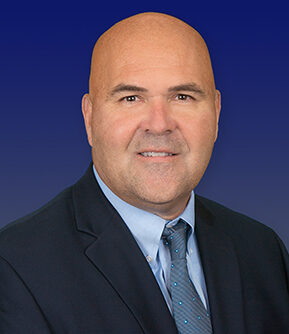“Tax Arbitrage”: Colleges and Universities Targeted by Washington
The Congressional Budget Office (CBO), a nonpartisan department in the US government, has released a report requested by Senator Grassley that while not advocating any position suggests that colleges and universities are enjoying an unintended benefit from their tax exempt status. The report, “Tax Arbitrage by Colleges and Universities” can be found at http://www.cbo.gov/ftpdocs/112xx/doc11226/04-30-TaxArbitrage.pdf.
The conclusion is equally applicable to hospitals and other 501(c)(3) entities that borrow on a tax exempt basis.
The report finds that to “the extent that colleges and universities can earn untaxed returns on investments that are higher than the interest they pay on tax exempt debt, they are benefiting from a form of ‘indirect’ tax arbitrage.” In short, the report finds that colleges and universities are able to borrow on a tax exempt basis to finance buildings while their endowment funds are invested at a rate that is higher than the rate on the tax exempt debt. Under most circumstances, the earnings on the endowment are not taxed because the entity is a 501(c)(3) or governmental entity.
This issue is not new and 501(c)(3) entities have for many years made sure that any fundraising is either disassociated from a project to be tax exempt financed or if money is raised for such a project, the funds raised either are used to offset the amount borrowed or, if such funds are coming in over time, that such funds are used to pay off the tax exempt debt faster than it otherwise would. The study suggests that if the definition of arbitrage for tax exempt borrowings were expanded to include this “indirect tax arbitrage,” the savings to the Federal government would be significant. The CBO looked at tax exempt bonds issued by colleges and universities during 2003 and found that “nearly all of the tax exempt bonds that 251 institutions issued in 2003 would be classified as earning profits from tax arbitrage.”
While the report does note that colleges and universities serve beneficial public purposes, the report fails to consider what colleges and universities do with such “indirect tax arbitrage.” For example, a college or university may subsidize needy students with their endowment funds, or they may endow a department which is not self sufficient, or they may establish a new medical school and pay for the upfront costs until such school becomes self sufficient. The study notes that a similar study showed that nonprofit hospitals earn less of such “tax arbitrage” but the concept is equally applicable. That study also failed to analyze what nonprofit hospitals do with the indirect tax arbitrage.
The report is worrisome on many levels. Will Congress adopt this broadened view of tax arbitrage and thus make it impossible for colleges and universities with large endowments to borrow on a tax exempt basis? Will Congress go even further and, for example, say that rent for a tax exempt financed dormitory needs to produce a yield below the yield on the bond issue that financed the dormitory?
And how does newly added Section 501(r), which may require nonprofit hospitals to provide more charity care, play into this equation?
For More Information
For more information about how Stevens & Lee may assist you, please contact Ramiro M. Carbonell at 610.478.2275, Peter T. Edelman at 610.478.2168, Brian P. Koscelansky at 570.969.5364 or Blake C. Marles at 610.997.5060.
This News Alert has been prepared for informational purposes only and should not be construed as, and does not constitute, legal advice on any specific matter. For more information, please see the disclaimer.




